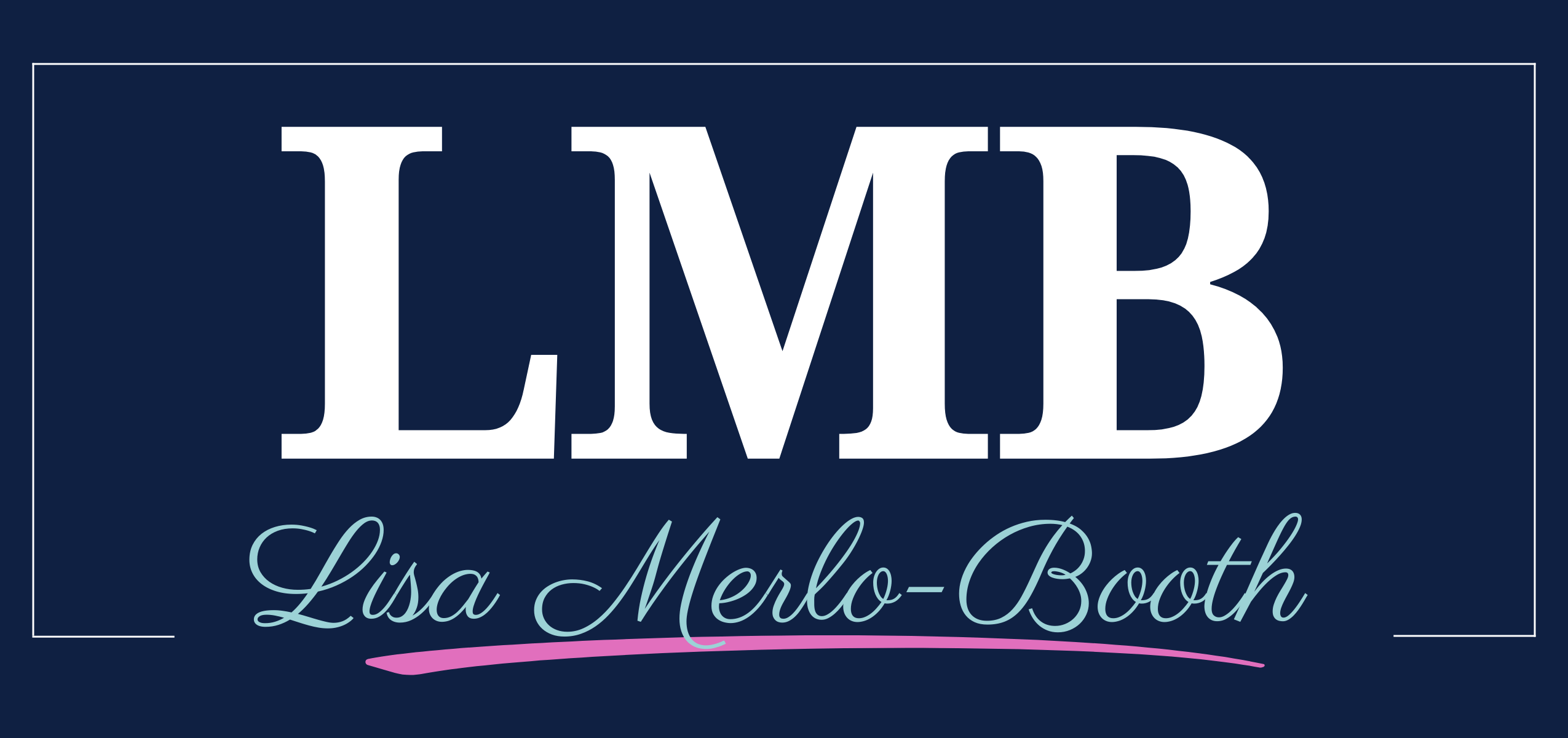“The saying, “Better the devil you know than the devil you don’t,” keeps many women in unhappy relationships.” ~LMB

The belief in “better the devil you know than the devil you don’t” is a powerful force that keeps many women stuck. Sally, for example, is in a difficult marriage. Before addressing issues with her husband, she tries to read his mood, carefully chooses her words, and manages his reactions. She tiptoes around his reactivity, anger, and defensiveness, which is exhausting. Miranda faces similar struggles in her marriage. Her husband is caustic and unaccountable, snapping at her almost daily. He rarely helps around the house, even though Miranda balances a full-time, high-stress job. Additionally, he constantly dismisses her feelings, concerns, and opinions. Each day, Miranda withdraws a little more from her husband. His frequent dismissive remarks like, “You’re too sensitive” or “Why are you making such a big deal out of that?” are taking a toll on their relationship.
Despite their unhappiness, both Sally and Miranda feel stuck. They, like many women, find themselves trapped in an invisible straightjacket of fear and outdated beliefs. The mantra “better the devil you know than the devil you don’t” paralyzes them with fear when they consider raising the standards in their relationships. Sadly, many women are gripped by this fear.
Over the past three decades, countless women have confided in me about this struggle. While the names and circumstances may differ, the message remains consistent. The dialogue often goes something like this:
- “I know I’m not happy in this relationship, but at least I’m in one.”
- “Even though my husband is incredibly difficult to live with, and things are good only when I go along to get along, ‘the devil you know is better than the devil you don’t,’ right?”
- “Who’s to say the next guy I meet won’t be worse than my husband? At least I know what I have with him.”
- “I know I don’t HAVE to be married—I could live alone—but honestly, I don’t want to be alone. I want to share my life with someone.”
- “And even though it’s not great, there are some good moments. It’s not all bad.”
When discussing the idea of “raising the bar” in their relationships, holding their partners accountable for poor behavior, setting limits, or expressing their unhappiness, their responses often reflect their fears:
- “If I say anything, it just makes things worse, ruining our entire day and night. It’s not worth it.”
- “I don’t want him to get mad and leave me. I’m not happy with how he treats me, but I can’t handle the thought of him leaving.”
- “I’m not perfect either. Maybe my husband is right—perhaps I’m the problem.”
- “When I try to raise the bar, he punishes me by being silent or angry for hours or days. Eventually, I go back to him and apologize for ‘making a big deal’ out of something, which is the only way to get him to talk again. So, it’s easier to say nothing.”
Ultimately, too many women allow their fear to keep them in unhealthy relationships with partners who don’t treat them well. Subsequently, many men miss out on true intimacy and connection because they refuse to be vulnerable and courageous enough to reflect on how others experience them. Many of these men would claim they love their wives—even as they treat them poorly. Many women choose to believe them.
However, love doesn’t look like this.
If any of this resonates with you, understand that you cannot create healthy relationships by tiptoeing around the toxicity of unhealthy ones. When you choose to stay because you’re afraid that there is “worse” out there—your work is to get yourself strong enough to become the person you need to be the person who can joyfully, courageously, and happily thrive in a mutually cherishing, loving relationship. Until you can stand up for a nourishing relationship, you will struggle to inhabit one.
Challenge: Listen to the excuses you make to justify staying in relationships that diminish rather than uplift you. Find the courage to walk away from all devils—known and unknown.
Note: This dynamic exists in all types of relationships—heterosexual, homosexual, open, monogamous, etc.—and between all individuals, whether trans, cis, non-cis, binary, non-binary—all human beings. Replace “males” with “those taking on the traditional ‘male’ role—the one in power.

